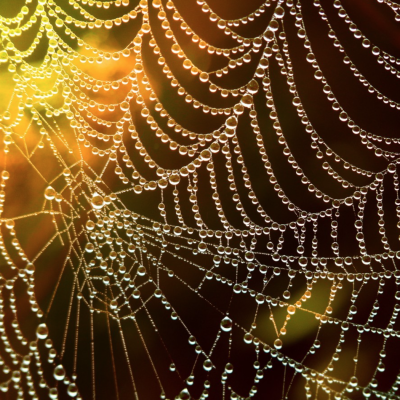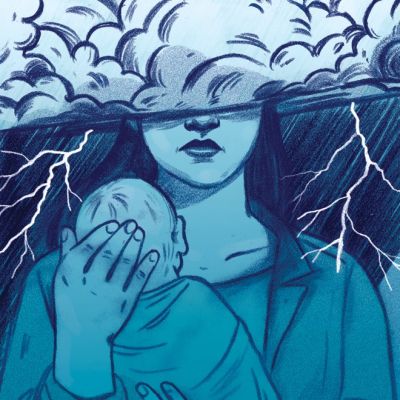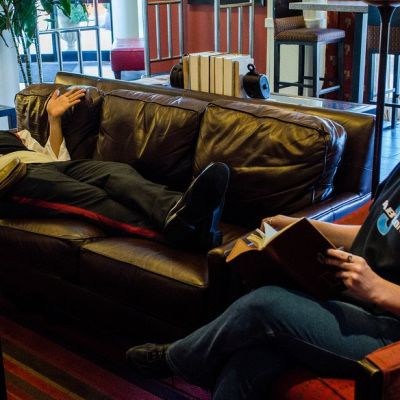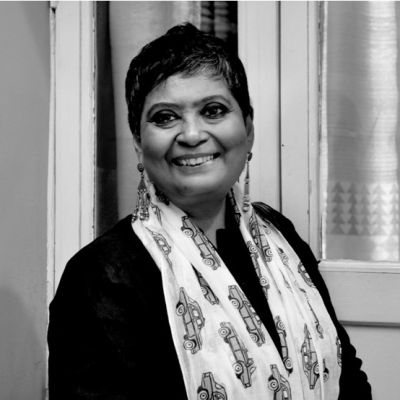Wellbeing and Sexuality
रत्नाबोली रे – रत्नाबोली मानसिक स्वास्थ्य विषय पर काम करने वाली ऐक्टिविस्ट, एक प्रशिक्षित मनोविज्ञानी, और अंजलि मानसिक स्वास्थ्य अधिकार…
In the mid-month issue on Wellbeing and Sexuality, we bring you an article by Jai Ranjan Ram sharing what he learned in his psychiatric practice from a self-identified pansexual homoflexible adolescent.
As if the challenges of parents bringing up adolescents in a world dominated by social media is not enough, the addition of teaching these parents to accept different sexual orientations and the fluidity of gender in a gender-binary world can be daunting.
मेरे यह पूछने पर कि, “जब आप दुखी होते हैं तो किससे बात करते हैं”, जोगप्पा ने ने कहा “देवी…
घरेलु हिंसा विषय पर काम कर रही एक नारीवादी संस्था के साथ सामाजिक कार्यकर्ता के रूप में अपने करियर के…
पिछले साल के जुलाई महीने में मुझे बताया गया कि मुझे फ़ाइब्रोमायल्जिआ नाम की बीमारी है। आप में से जिनको…
As depicted in various forms of media, society has unrealistic expectations of how mothers and motherhood should be – enamoured by their babies, to feel only happiness at being a mother, being completely focused on their babies, living in the ‘glow of motherhood’. Being depressed is simply not seen as an acceptable response.
As a queer-feminist mental health practitioner, my way to understand realities is to examine the power relations that exist in our social locations, identities and structures.
India has a severe shortage of mental health professionals and the experiences of counsellors like Kapoor raise the question of whether there is a wave of therapist burnout in the country. Unfortunately, there has been no research to indicate the extent of the problem in India.
Is seeking wellbeing selfish and individualistic? Does it imply placing one’s own interests above those of others? In the context of sexuality, does it mean prioritising one’s pursuit and attainment of pleasure above all else?
It was, however, the community’s consistent refrain of having “no one” to talk to, that made the problem of mental health crises stand out during my conversations.
The video “How Emotionally Healthy Are You?” by The School Of Life leads us through a series of questions to look at various aspects like self-love, trust, communication and letting go
While we have come a long way from the singular Freudian focus on sexual energies and reducing most mental health disturbances to sexuality, there is no doubting its significance for an individual’s wellbeing.
See, whenever people speak about sexuality, they speak of violence; that seems to be the only recognised form of sexuality in the lives of people with mental health conditions. But there are so many happy, sexy, lovely, delicious stories in there.
Working as a sexuality rights activist in a repressive environment can take a huge toll on people’s wellbeing. It is therefore important that we as social workers, activists, advocates and everyone else involved in this work take care, take care of ourselves and each other, be supportive, give that extra push to someone who needs it, and allow ourselves to make mistakes.














